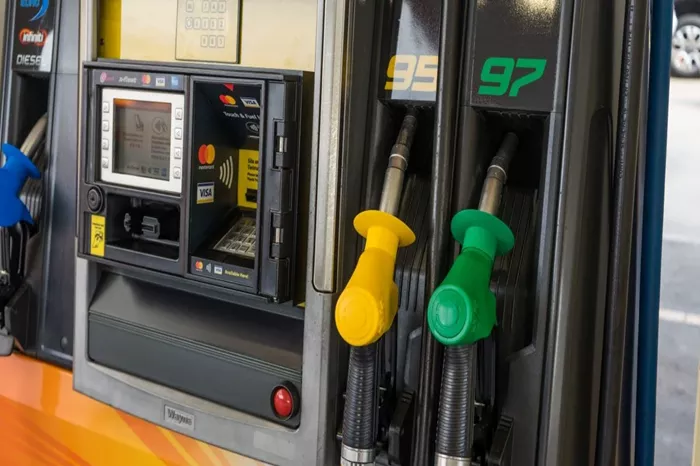The World Bank has called on Malaysia to scale back its comprehensive state support for gasoline in order to achieve its budgetary objectives this year.
On Tuesday, the organization revealed that recent subsidy adjustments are projected to save the Malaysian government approximately RM7.9 billion (S$2.4 billion) in 2024. However, this amount falls short of the government’s target to reduce subsidies and social assistance programs by RM11.5 billion this year.
Prime Minister Anwar Ibrahim has committed to shifting from broad subsidies to more targeted assistance as part of his strategy to decrease the budget deficit for 2024 to 4.3% of GDP, down from 5% in the previous year. Nevertheless, a timeline for the reduction of the RON95 gasoline subsidy has yet to be announced following the government’s increase of diesel prices in June. On Monday, Anwar reiterated his administration’s dedication to subsidy reforms, despite the potential political challenges they may present.
Currently, the Malaysian government shoulders a significant portion of fuel and cooking oil costs for its citizens, amounting to about RM81 billion last year.
During a briefing in Kuala Lumpur on Tuesday, Apurva Sanghi, the World Bank’s lead economist for Malaysia, emphasized that the country’s low revenue levels exacerbate its financial challenges. He stated that Malaysia’s current revenue does not sufficiently cover its expenditure needs, labeling the situation as “not sustainable.”
Sanghi suggested that the government may need to consider reinstating the Goods and Services Tax (GST) to address these fiscal issues.
The World Bank also noted that implementing a blend of progressive taxes, targeted subsidies, and cash transfers could provide essential support to low-income groups while offering the government greater flexibility to manage its long-term financial responsibilities.
Despite these challenges, the World Bank has upgraded its growth forecast for Malaysia to 4.9% for the year and reduced its inflation prediction to around 2%, aligning with government estimates. Sanghi remarked, “Malaysia’s economy is in a good place.”
Related topic:
Can a Gasoline Engine Run on Diesel? [Revealed]

